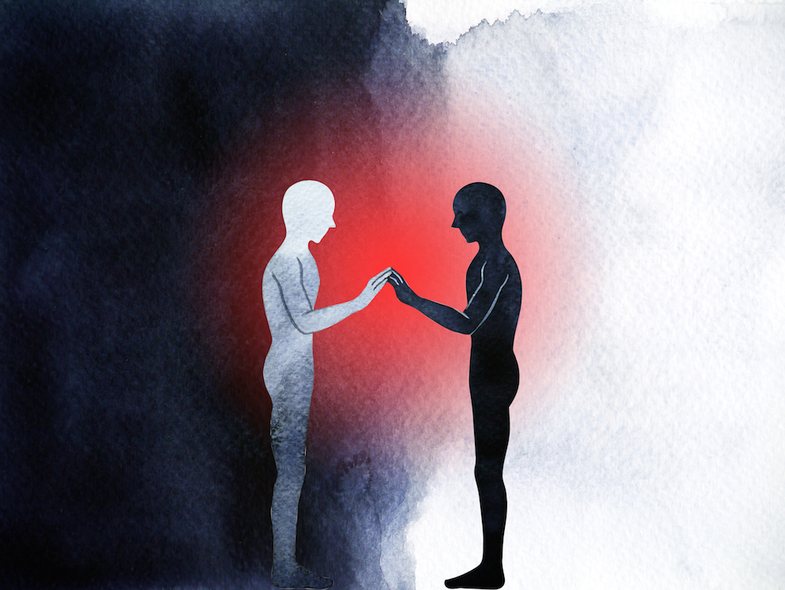
In the latest episode of “The Dalina Show,” Dalina Buzi elaborated with sensitivity and depth what many immigrants experience every day — the invisible, but constant pressures that people living in Albania often cannot understand… simply because they have not experienced them themselves.
These are the six burdens that an immigrant carries on their shoulders and which, many times, are not talked about enough.
1. Cultural expectation
In many Albanian families, especially those with deep traditional roots, the immigrant is seen as the “economic savior.” Without yet becoming well-off themselves, without settling down emotionally or financially, he/she is expected to help others.
Just because you're abroad, you're automatically expected to be good and give. But immigration isn't magic, it's a battle every day.
2. Idealization of life abroad
Every immigrant's greatest fear is being misunderstood. And often this happens precisely by the people closest to them.
There are people who still think that life outside is a field of flowers. Houses with swimming pools, endless salaries, vacations every month. But the reality is completely different.
3. Guilt and emotional manipulation
Expressions such as "You forgot us now that you've caught yourself," even in the form of humor, are small knives that slowly pierce. Even when the immigrant tries to set emotional boundaries, he/she is often confronted with words that evoke guilt.
Even when they don't mean it in a bad way, emotional manipulation is real. And it's hard not to feel bad when you're away.
4. Financial dependence
Many immigrants don't just help today, but are trapped in a cycle of long-term assistance: a relative's rent, a grandchild's school, a family health problem — and the list goes on.
There are cases where an immigrant economically supports up to three or four generations of a family. And this happens without a clear system of borders.
5. Shame and social comparisons
In Albanian communities at home and abroad, comparison is constant. Success is measured by visible achievements, not by mental peace or emotional well-being.
The shame of not having achieved a certain status or not having done as well as others is great. Instead of seeing the path of each individual, comparison turns into social punishment.
6. Emotional distancing
When you're away for many years, your connection with your family also begins to change. Not for lack of love, but because of experiences that are no longer shared closely.
“Some immigrants live with the guilt that they no longer feel emotionally connected like they used to,” says Dalina. While, on the other hand, you can't force yourself to feel a closeness that has been eroded by time, distance, or constant exploitation.
Watch the full episode below:
Suggested articles:





